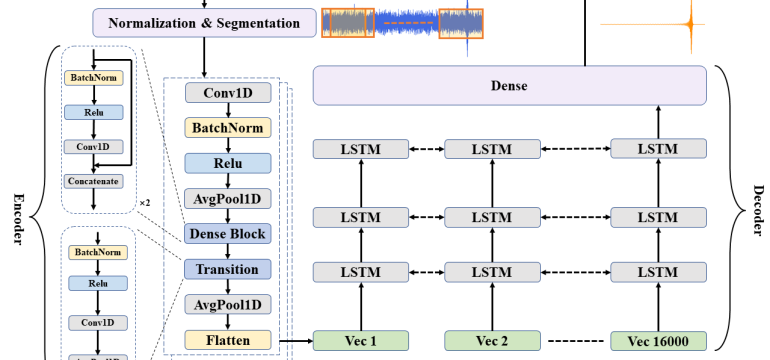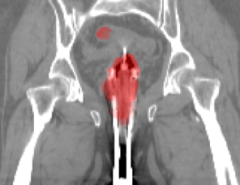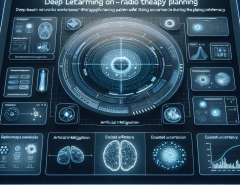Authors: Yuxiang Xu, Minghui Du, Peng Xu, Bo Liang, He Wang
Published on: February 20, 2024
Impact Score: 7.8
Arxiv code: Arxiv:2402.13091
Summary
- What is new: Developed a deep learning model that accurately extracts signals in the presence of non-stationarities such as data gaps, transients (glitches), and time-varying noise auto-correlations in space-borne gravitational wave detections.
- Why this is important: Space-borne gravitational wave antennas face challenges in data analysis due to non-stationarities resulting from maintenance or disturbances.
- What the research proposes: A deep learning model that can adapt and extract gravitational wave signals accurately amidst various types of non-stationarities.
- Results: The model matches the performance of state-of-the-art models in ideal conditions and shows remarkable adaptability against all three types of non-stationarities, improving detection in space-borne gravitational wave missions.
Technical Details
Technological frameworks used: nan
Models used: Deep learning
Data used: Gravitational wave signals with simulated non-stationarities
Potential Impact
Space exploration and research companies, satellite and space mission technology providers, and data analysis software firms specializing in astrophysics and space sciences.
Want to implement this idea in a business?
We have generated a startup concept here: GraviTech.



Leave a Reply